Sweden’s Bioeconomy Arena to Open by Early 2025: Bio4Energy Researchers Stopped by
Bio4Energy took its business to Örnsköldsvik, northeastern Sweden, last week for a glance at the large biorefinery development ventures underway.
About 50 researchers visited the Bioeconomy Arena—a large development park under construction—in the wake of the Swedish government’s pledge to invest in test beds. These are a means to realise the bioeconomy and meet goals to contain climate change.
“The start up of pilots [will take place] this autumn or early 2025”, said Karin Johnson, shepherding the Bio4Energy group at a study visit.
Johnson is CEO at Bio4Energy strategic partner Processum Biorefinery Cluster, institute partner to the companies at the Domsjoe Development Area. They include the full-scale biorefinery Domsjö Fabriker of Aditya Birla, Örnsköldsvik Energi, SEKAB, Liquid Wind, Norion and others.
The development park for biorefinery, Bioeconomy Arena on the northeast coast of Sweden, will have 130 – 150 test beds designed to test and evaluate bio-based processes in increasingly large steps up to pre-industrial level.
The Arena will have 130 – 150 test beds designed to test and evaluate bio-based processes in increasingly large steps up to pre-industrial level, according to David Blomberg Saitton, Processum.
Pulping, chemicals, carbon capture and storage, carbon capture and use, plus industrial biotechnology are the overarching focal areas, he said.
The facilities covering hundreds of square metre of purpose-made grounds, complete with access to media such as electricity, steam and water; will include a “customer” area designed for companies keen to test their process on the grounds, but without having to share patenting information with Processum staff technicians, Johnson revealed.
Companies will have access to rental space to test a container-based process, she explained.
In connection with the study visit, Bio4Energy hosted its biannual Researchers’ Meeting. Impressions of the event, below, are courtesy of our scientific and institute researchers, as well as their students. Without them, there would be no research environment Bio4Energy.
Photos are by Anna Strom, Bio4Energy Communications.
For more information
Bio4Energy Researchers’ Meeting
Related News
RISE to Invest SEK350 Million in Its Biorefinery Test Bed Environments
Contact Biorefinery Arena
David Blomberg Saitton, Bio4Energy Biopolymers and Biochemical Conversion — Processum at RISE
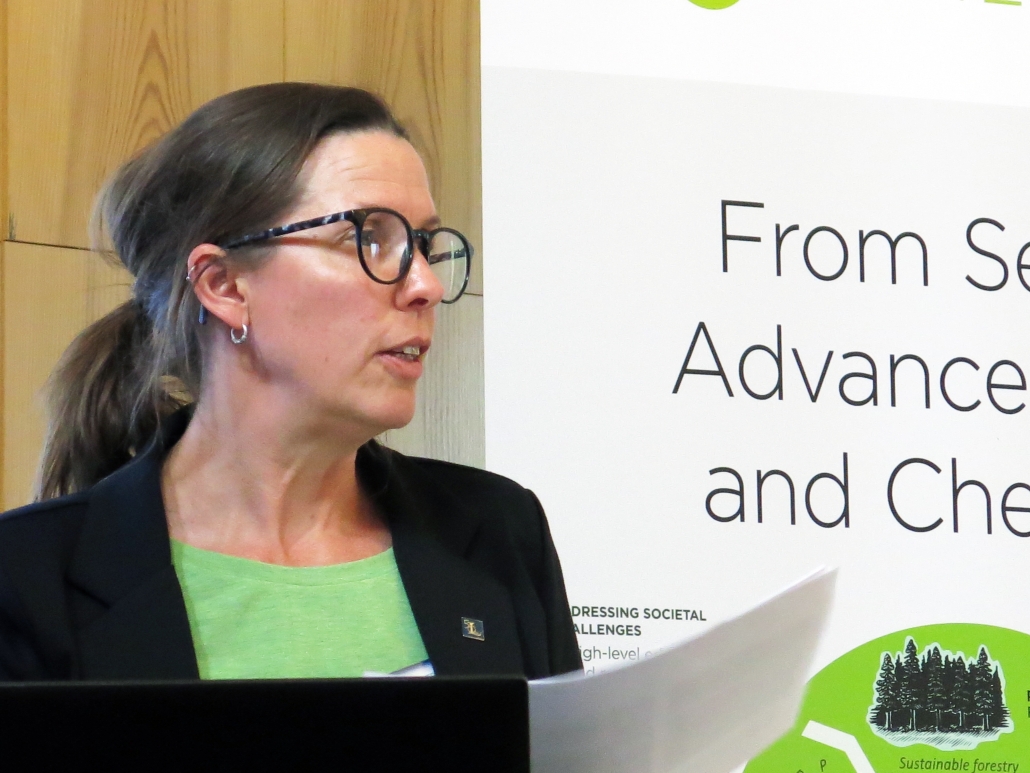
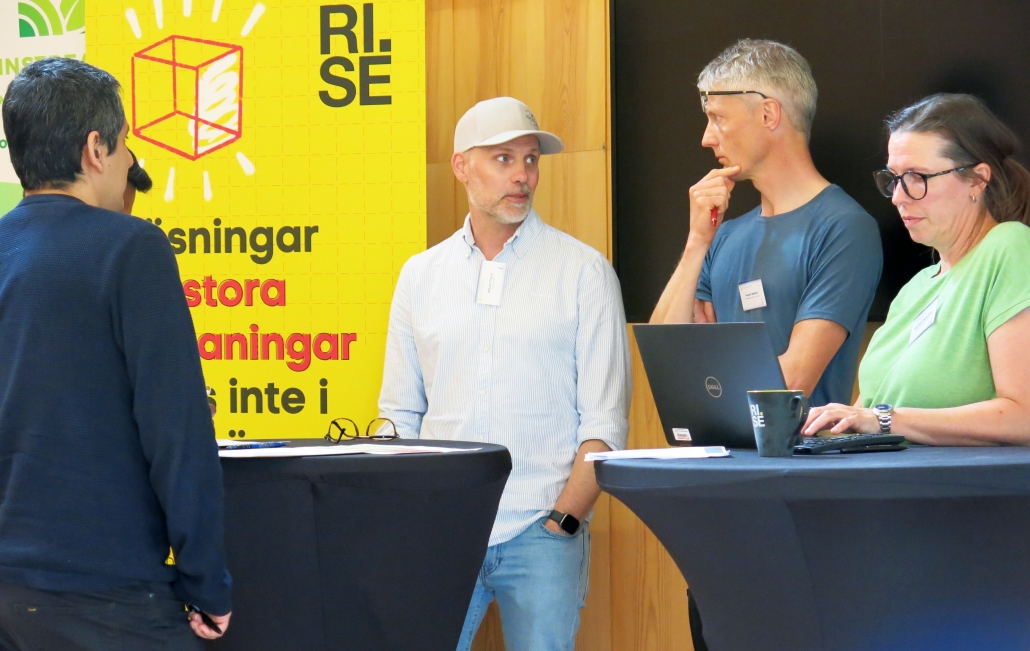
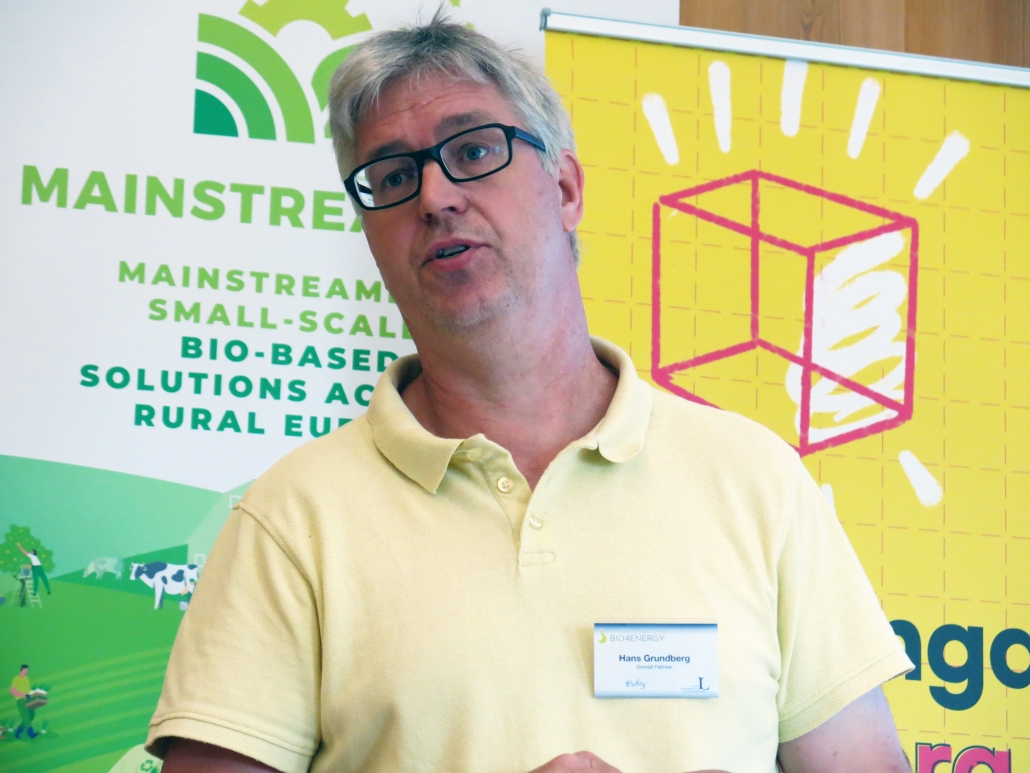
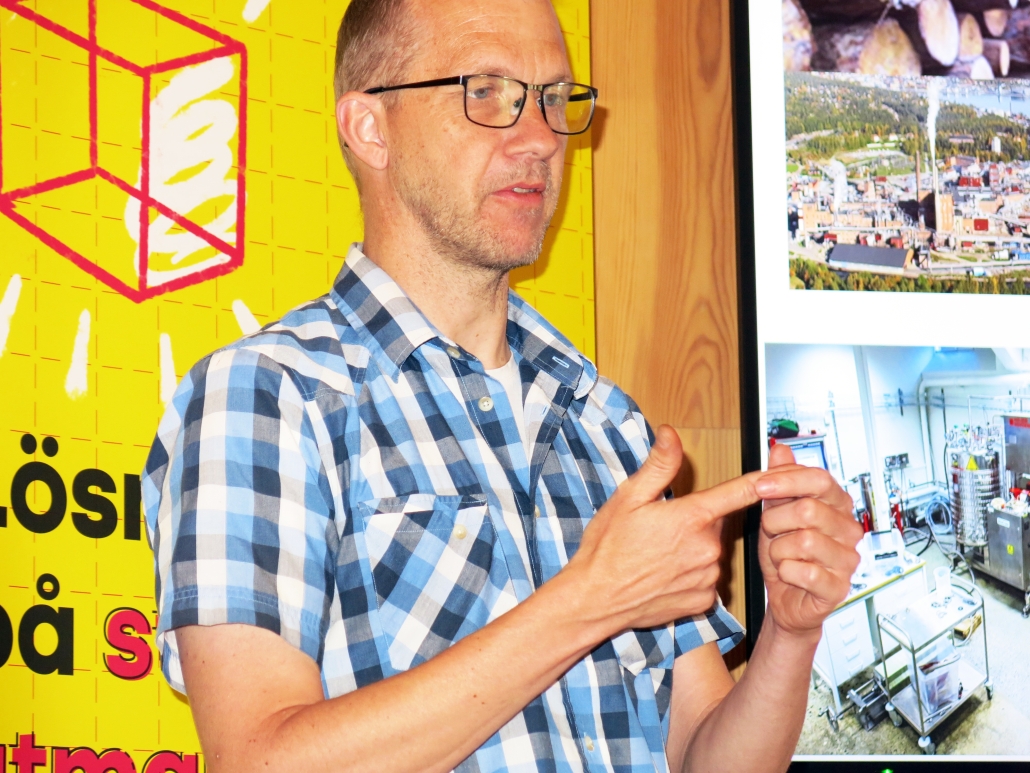
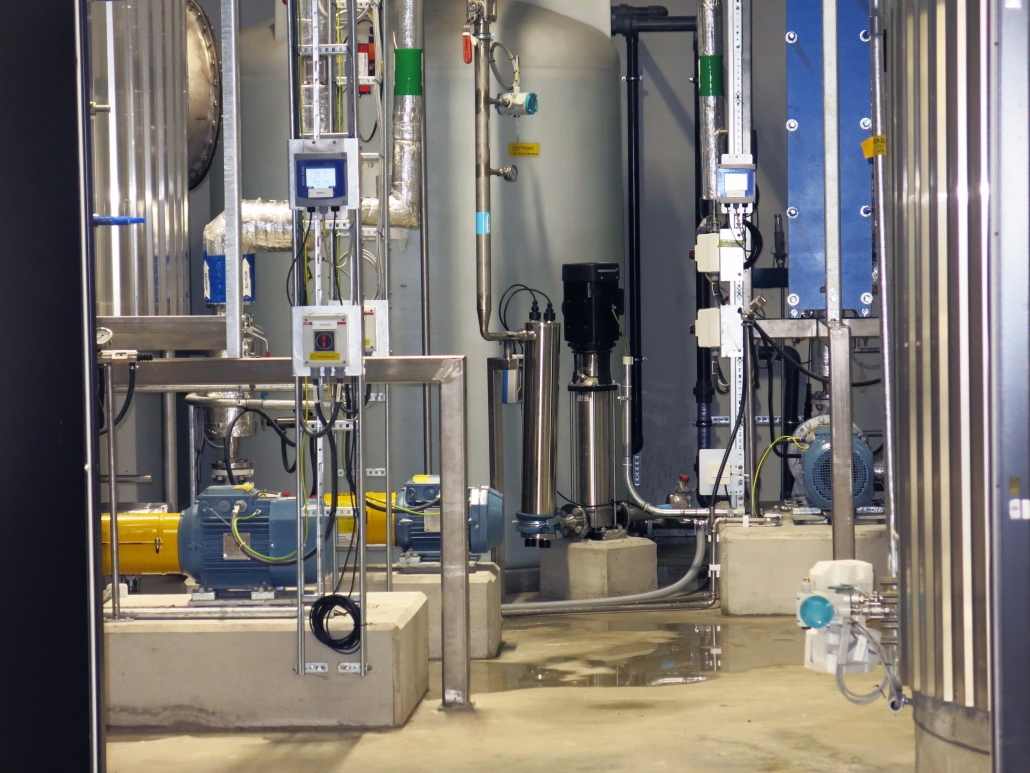
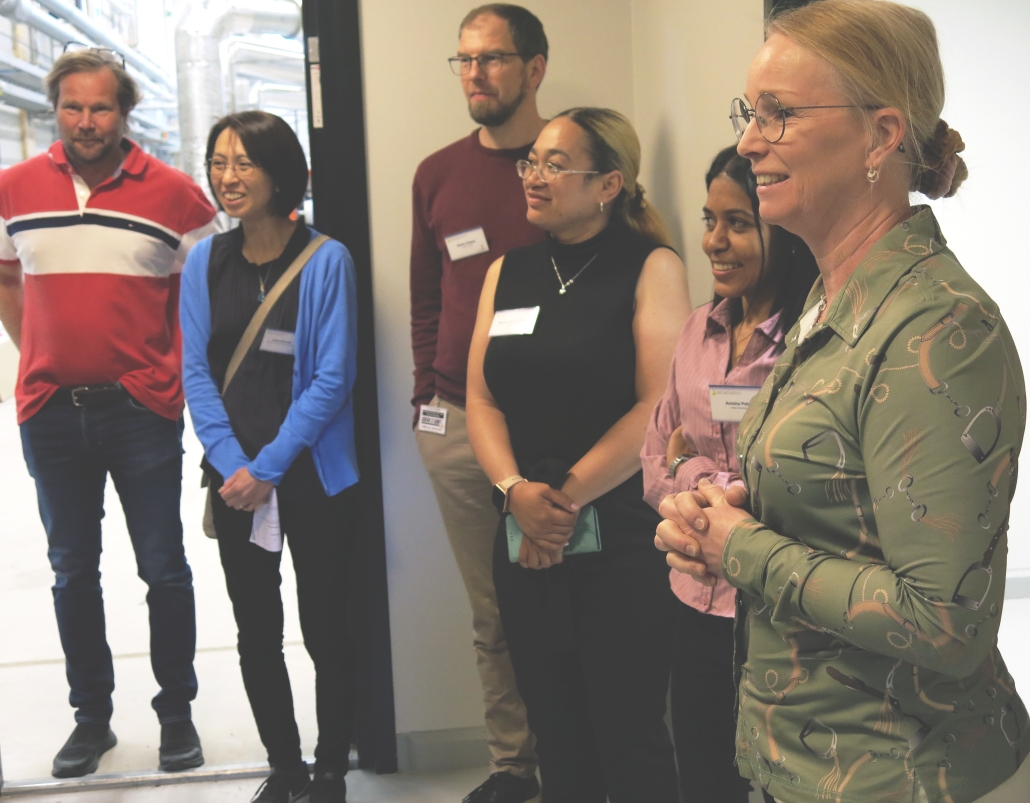
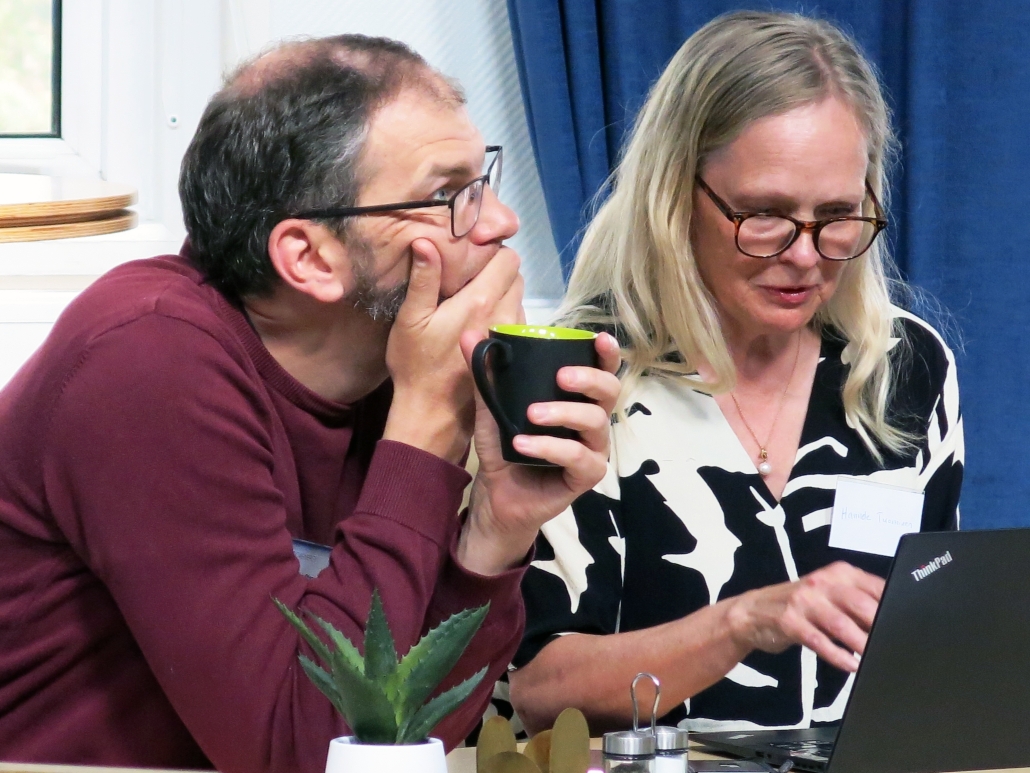
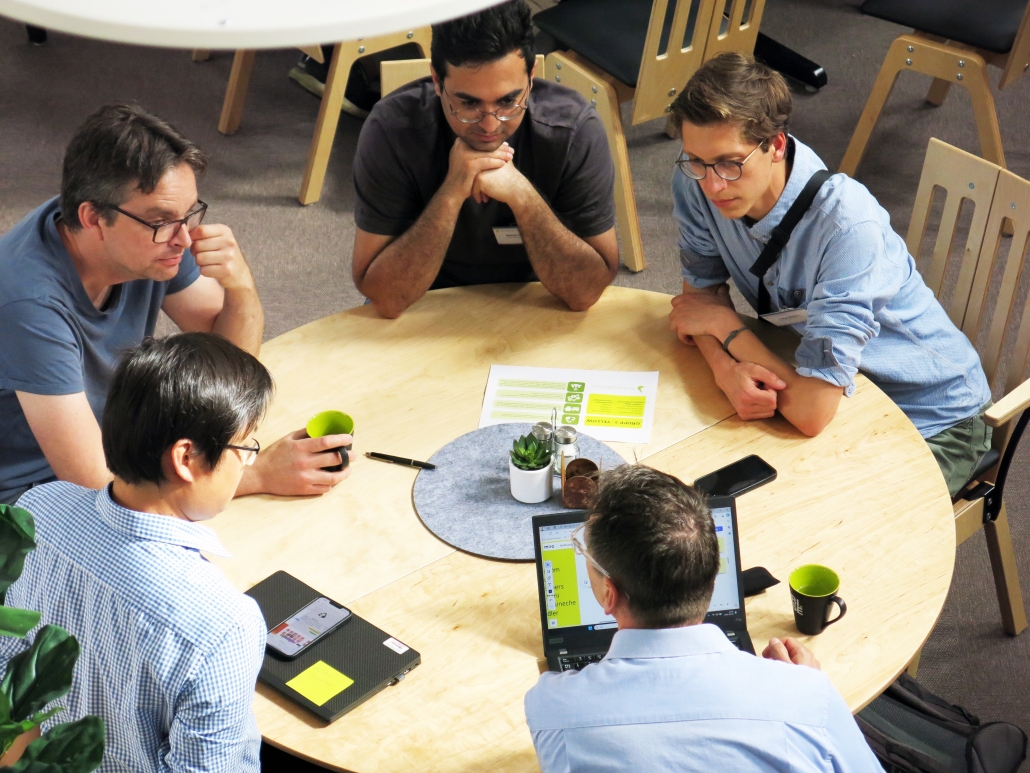
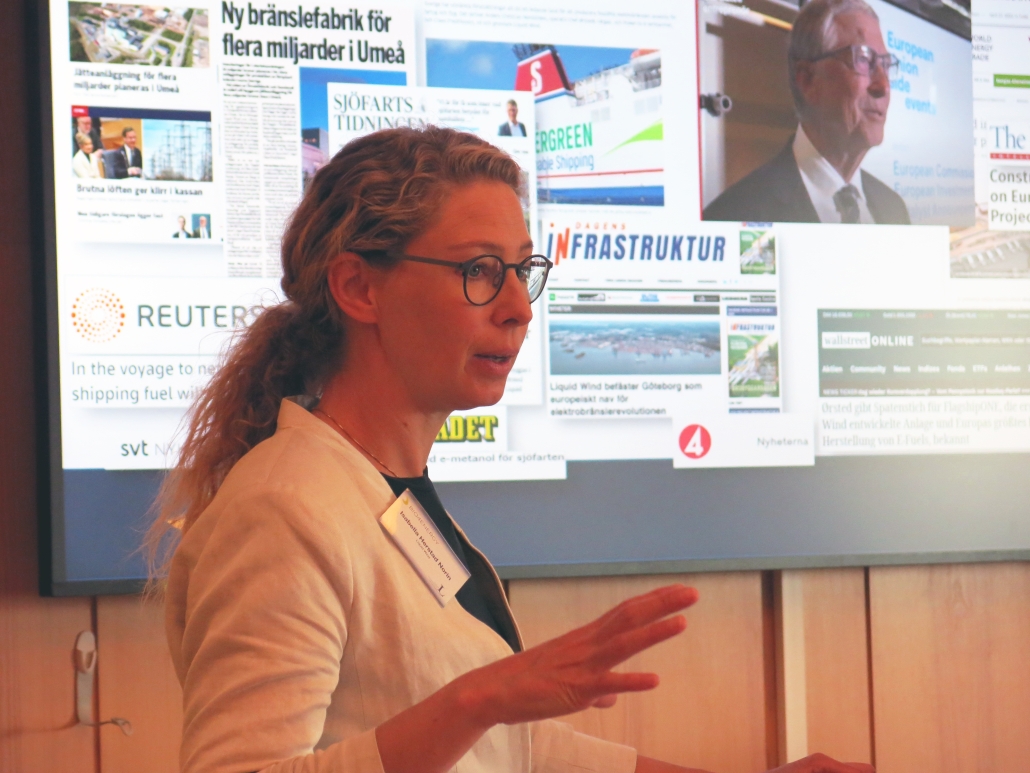
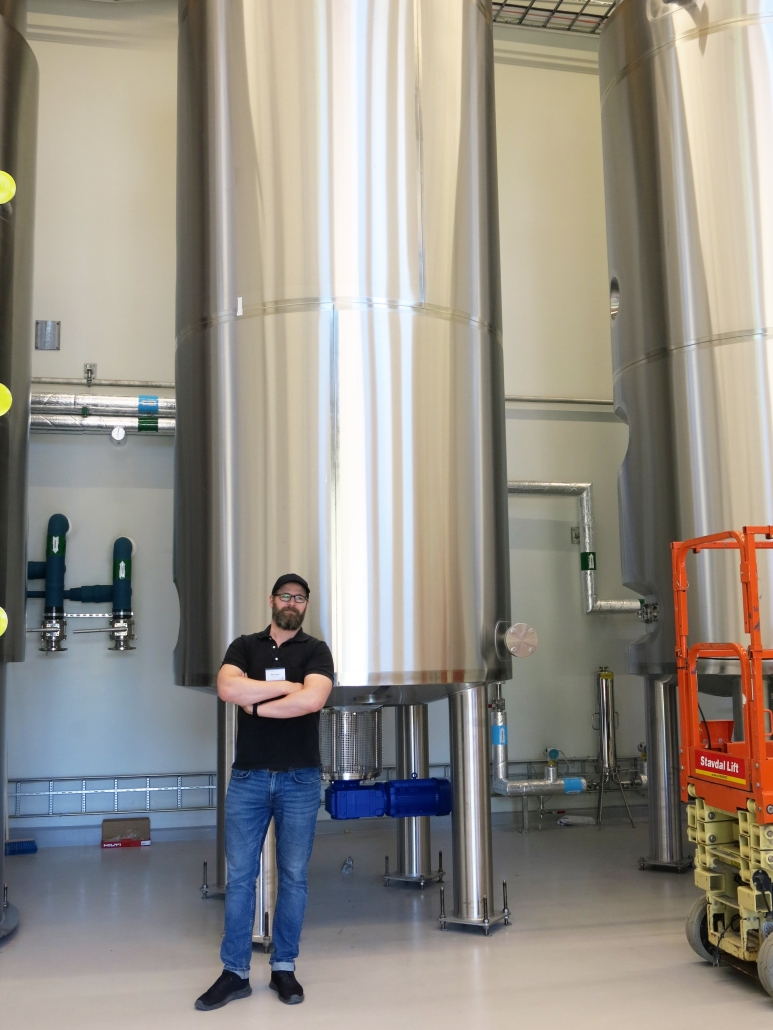
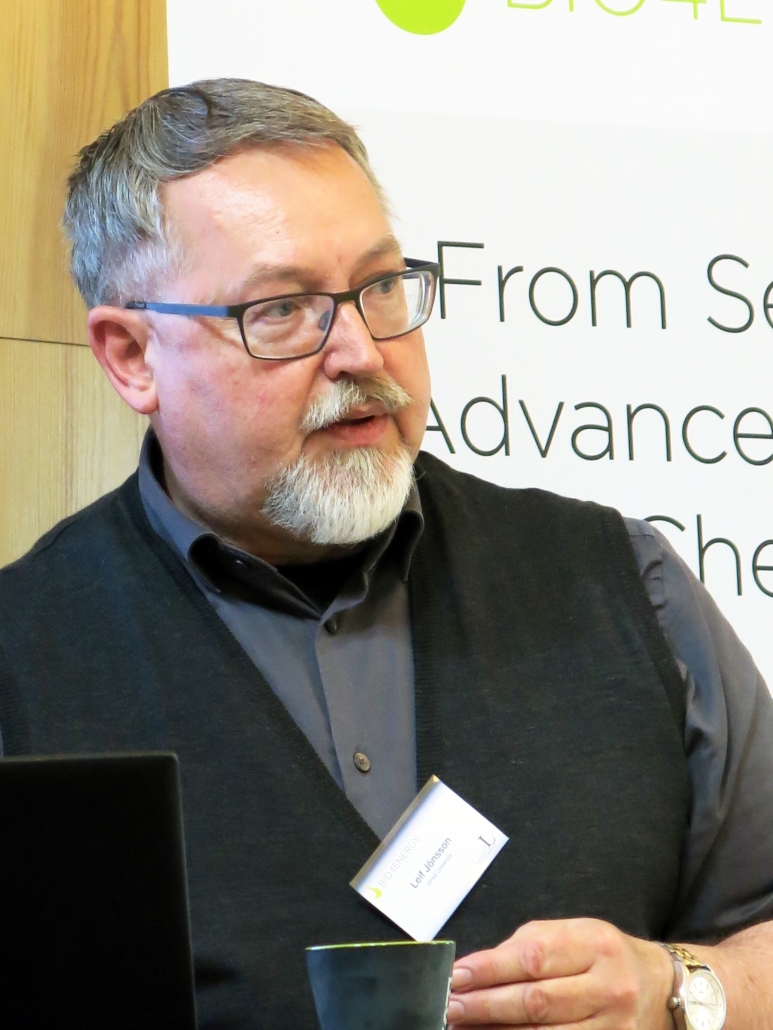

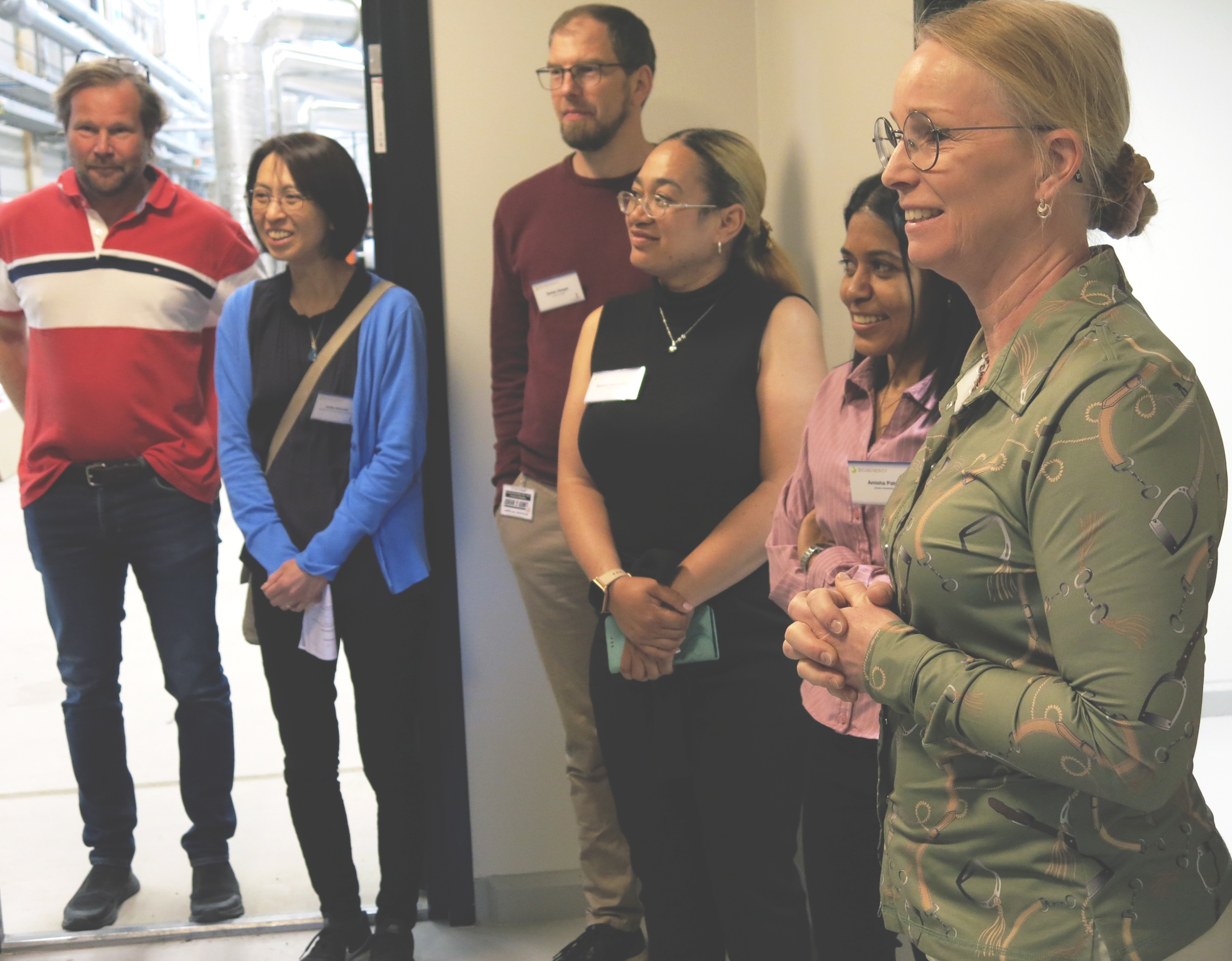 ©AnnaStrom
©AnnaStrom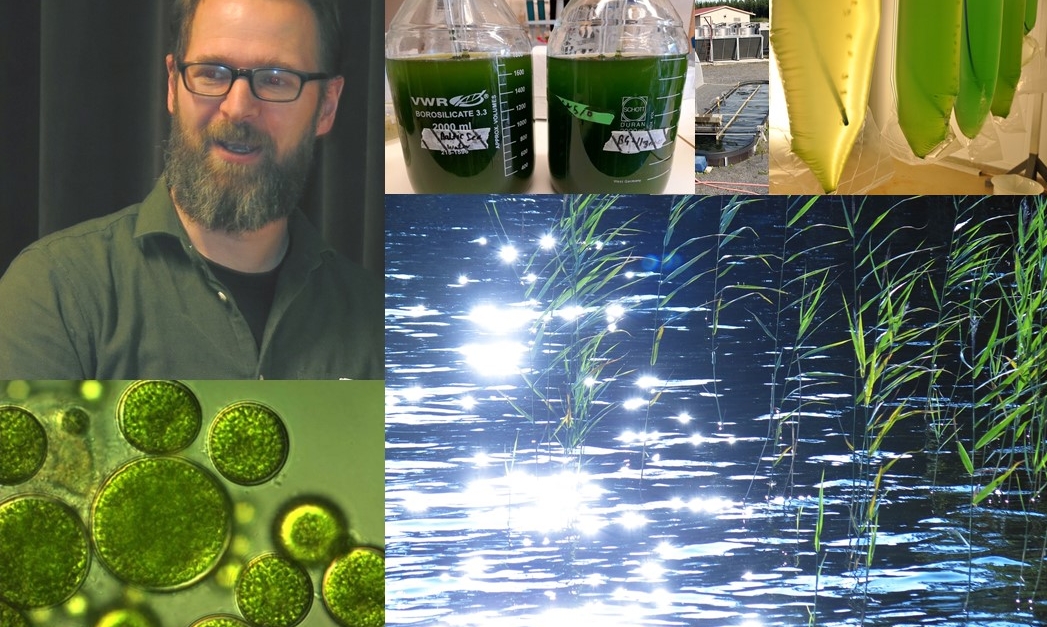
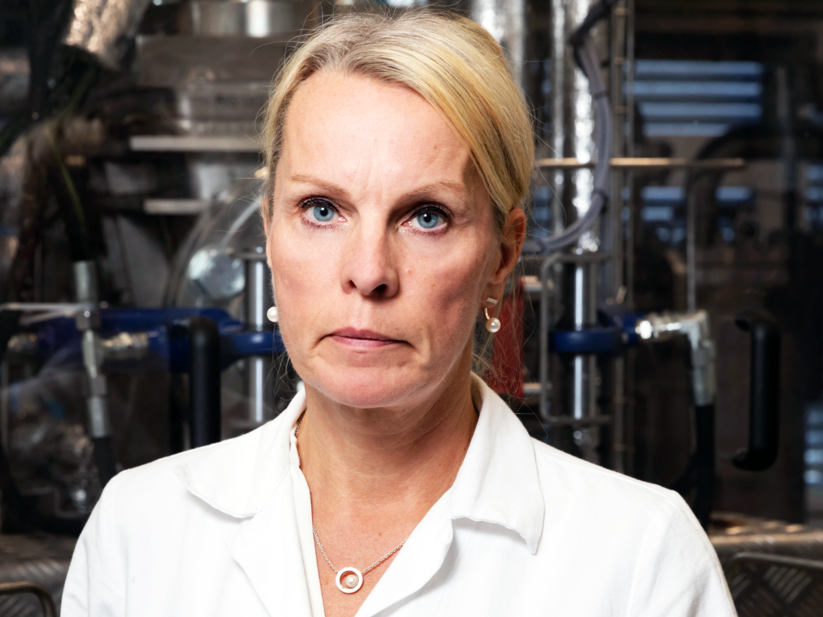 Bio4Energy
Bio4Energy Dreamstime
Dreamstime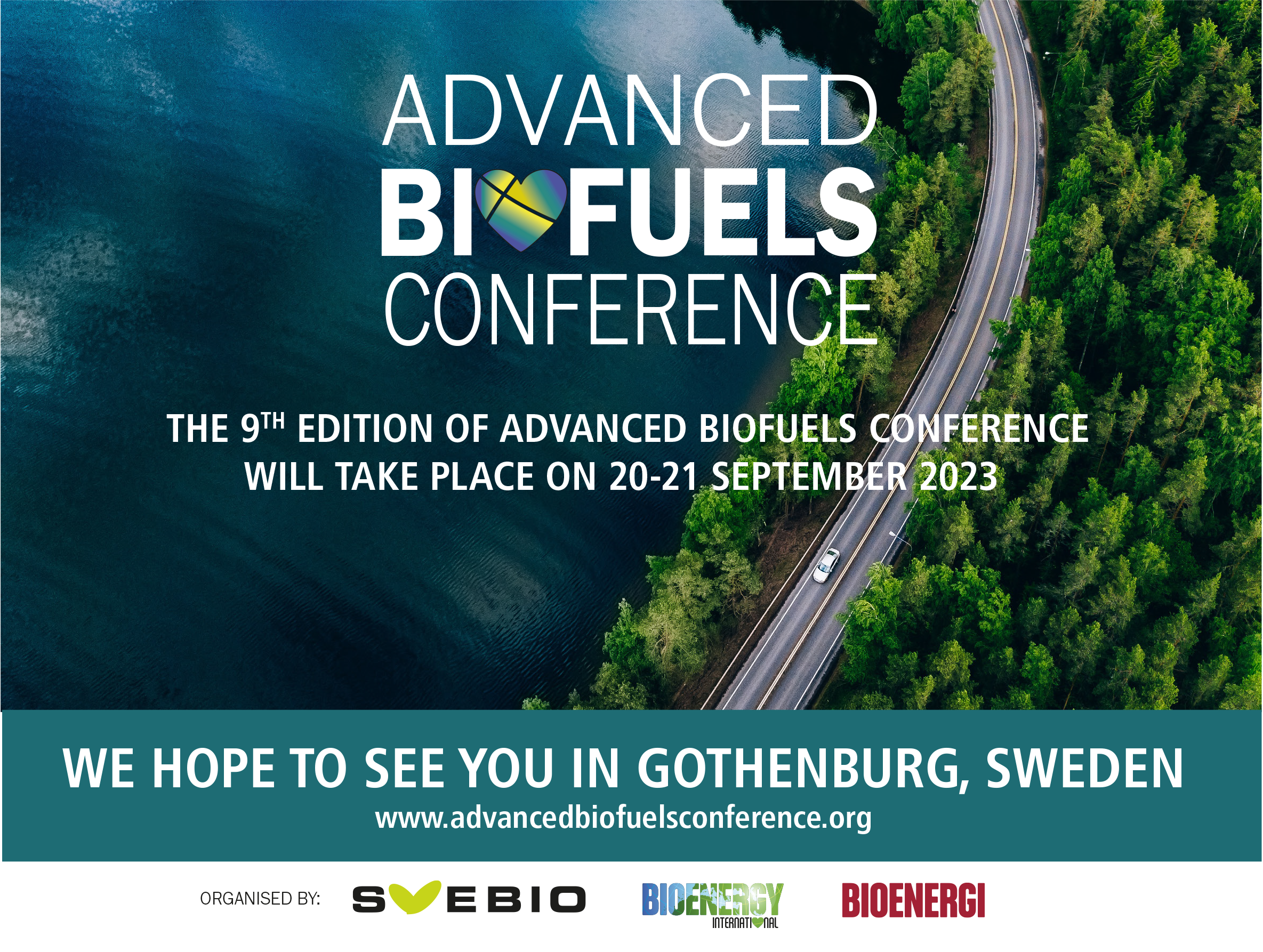 Svebio
Svebio ©AnnaStrom
©AnnaStrom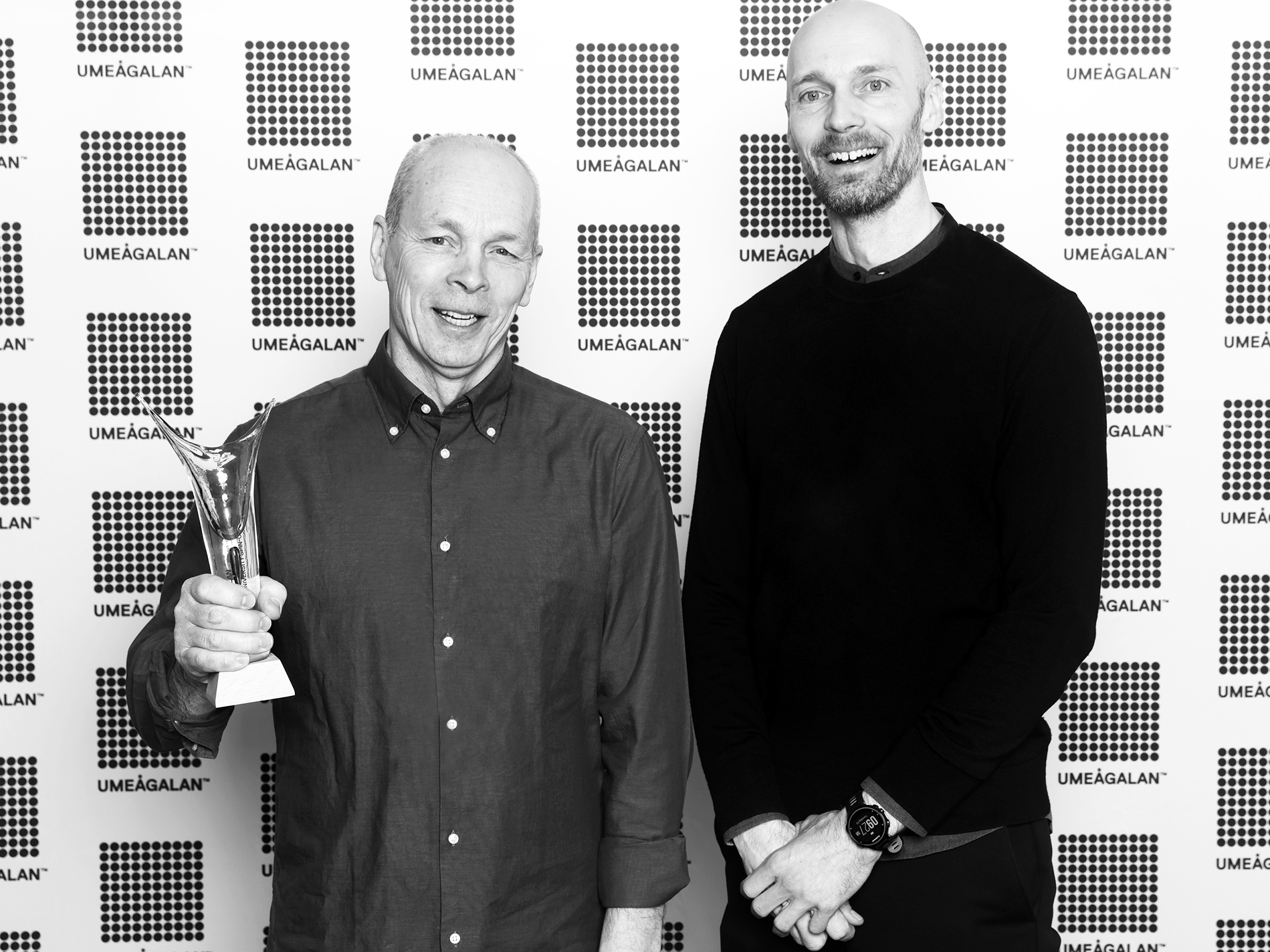
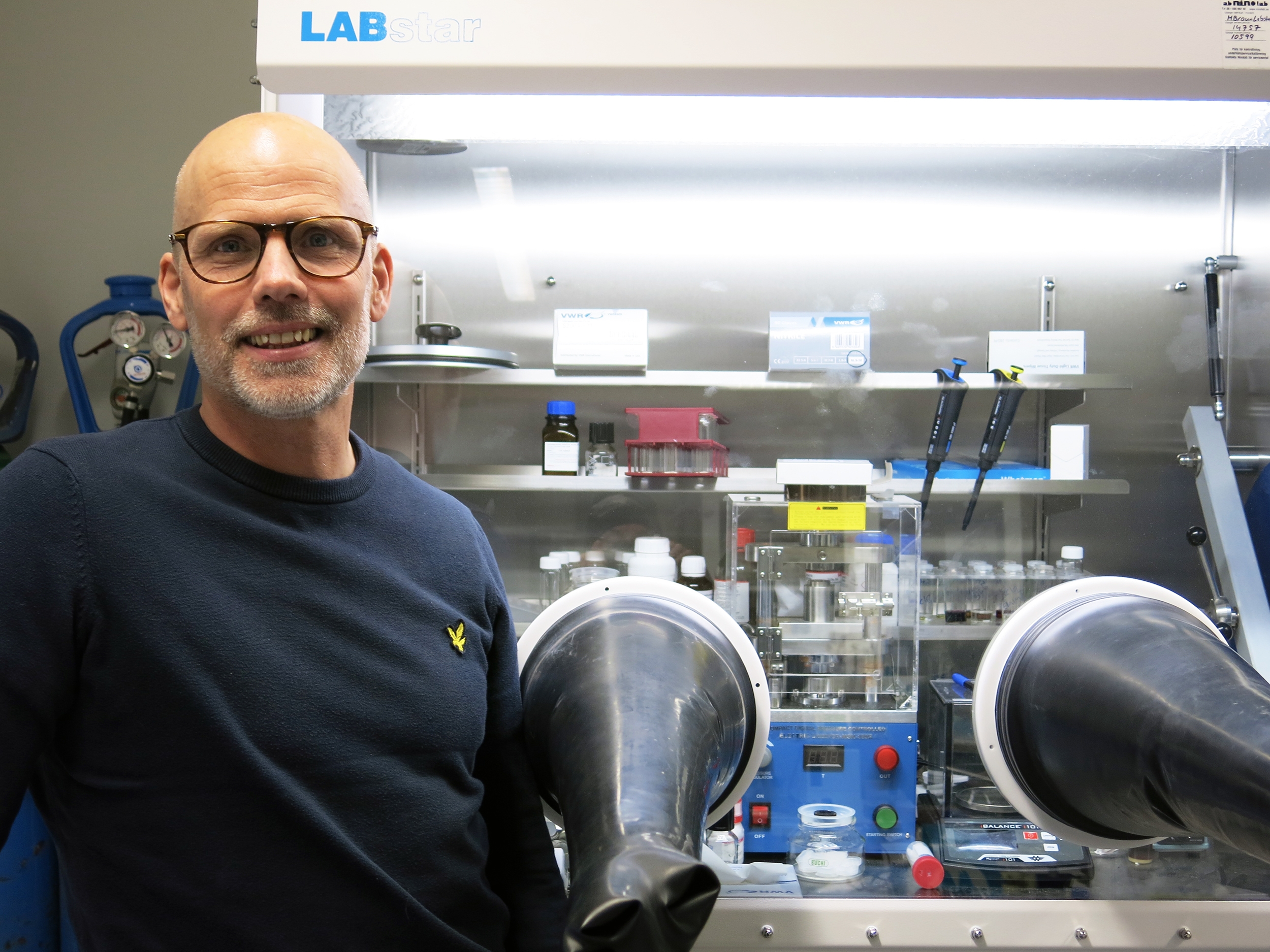 ©AnnaStrom
©AnnaStrom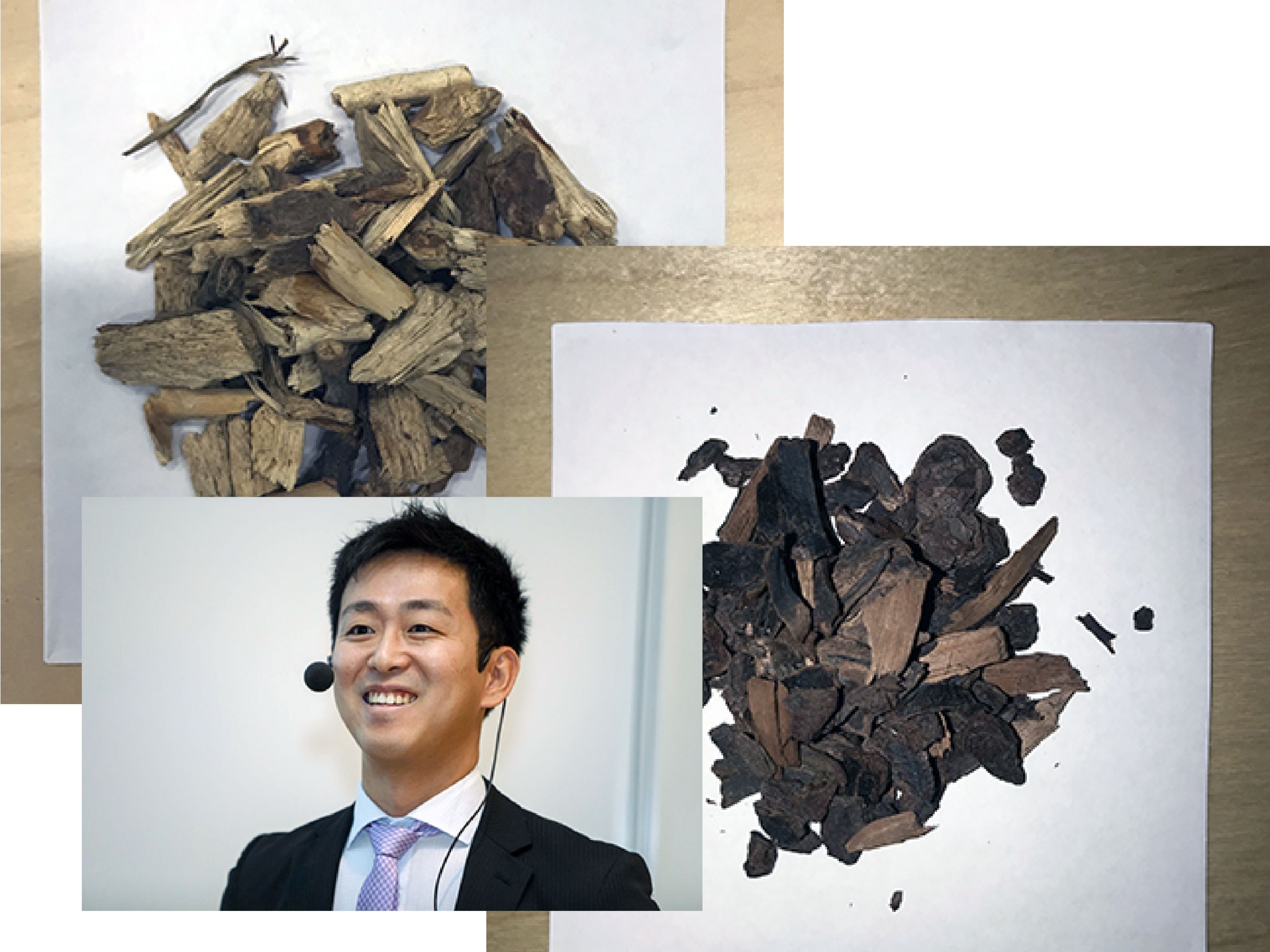 Courtesy Kentaro Umeki. Collage by Anna Strom
Courtesy Kentaro Umeki. Collage by Anna Strom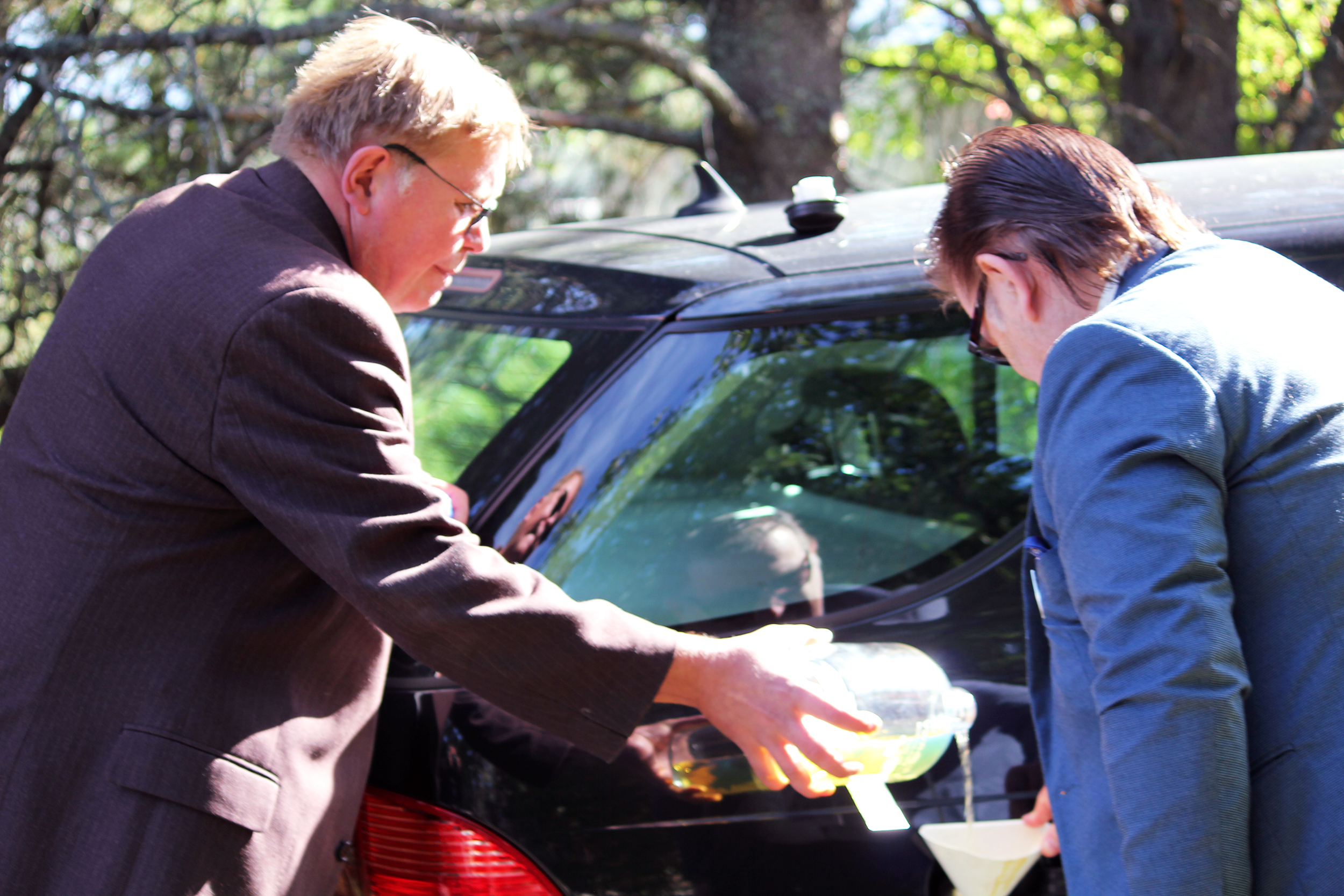 ©AnnaStrom
©AnnaStrom



